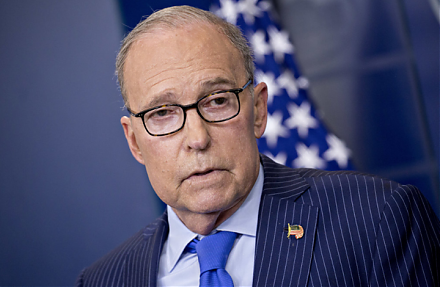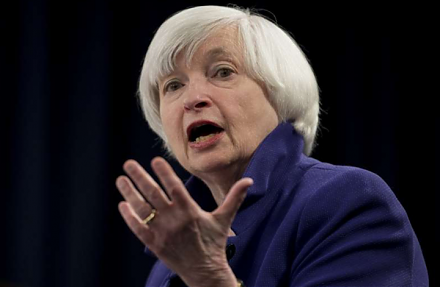

2018-05-15 08:40:00 Tue ET
technology social safety nets education infrastructure health insurance health care medical care medication vaccine social security pension deposit insurance
Net neutrality rules continue to revolve around the Trump administration's current IT agenda of 5G telecom transformation. Republican Senate passes the Federal Communication Commission's (FCC) net neutrality rules and regulations that gain stream in recent times.
These rules and regulations ensure that all Internet traffic receive equal treatment on a level playing field as tech titans cannot acquire unfair competitive advantages. Net neutrality arises as an obscure policy debate and has become a mainstream socioeconomic issue in America. Regardless of their political identification, most consumers support this core notion of net neutrality to prevent cable providers and wireless carriers from charging higher prices.
This populist support means that even if the Senate's resolution ultimate halts in the House of Representatives or on President Trump's desk, the government still has to reinstate these net neutrality rules and regulations.
If the government strategically moves away from net neutrality, price discrimination would empower telecom companies to charge higher prices on the more popular segments of the Internet.
For telecom companies such as AT&T, Verizon, Comcast, and so on the potential increase in total sales revenue can help enhance 5G network coverage throughout the country (especially in some suburban and rural areas).
If any of our AYA Analytica financial health memos (FHM), blog posts, ebooks, newsletters, and notifications etc, or any other form of online content curation, involves potential copyright concerns, please feel free to contact us at service@ayafintech.network so that we can remove relevant content in response to any such request within a reasonable time frame.
2019-02-02 11:36:00 Saturday ET

The Trump administration teams up with western allies to bar HuaWei and other Chinese tech firms from building the 5G high-speed infrastructure due to natio
2018-05-01 11:38:00 Tuesday ET

America and China play the game of chicken over trade and technology, whereas, most market observers and economic media commentators hope the Trump team to
2018-09-15 11:35:00 Saturday ET

Apple releases its September 2018 trifecta of smart phones or iPhone X sequels: iPhone Xs, iPhone Xs Max, and iPhone XR. Both iPhone Xs and iPhone Xs Max ha
2016-10-01 00:00:00 Saturday ET

We can learn much from the frugal habits and lifestyles of several billionaires on earth. Warren Buffett, Chairman and CEO of Berkshire Hathaway, still l
2019-07-21 09:37:00 Sunday ET

Facebook introduces a new cryptocurrency Libra as a fresh medium of exchange for e-commerce. Libra will be available to all the 2 billion active users on Fa
2023-12-07 07:22:00 Thursday ET

Economic policy incrementalism for better fiscal and monetary policy coordination Traditionally, fiscal and monetary policies were made incrementally. In